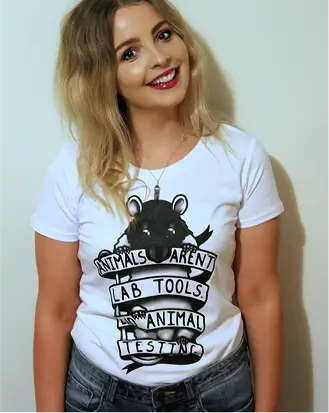The Types of Animals Used for Science
Many different types of animals are used for research, testing and teaching purposes in NZ including:
- Alpacas/llamas
- Amphibians
- Birds
- Cats
- Cows
- Cephalopods/crustaceans
- Deer
- Dogs
- Fish
- Goats
- Guinea pigs
- Horses/donkeys
- Marine mammals
- Mice
- Pigs
- Possums
- Rabbits
- Rats
- Reptiles
- Sheep
- Other species*
*Other species include but are not limited to:
Bats, ferrets, stoats, hedgehogs, llamas, alpacas, chinchillas, chimpanzees, elephants, giraffes, wallabies, spider monkeys, Himalayan tahr, meerkats, wild ducks, sea lions and weasels.
Animals that can’t be used
The only animals that can’t be used for science in NZ – or more accurately can only be used if special requirements are met are:
- Gorillas
- Chimpanzees
- Bonobos
- Orangutans
The most commonly used animals
The type of animals used for science in NZ diverges from the "norm" in many other countries around the world - cattle, sheep, fish and mice are the most commonly used animals for research, testing and teaching purposes in NZ. In fact, cattle have been listed as one of the most commonly used animals for science in NZ since 1989.
Cattle, sheep and fish have something significant in common - they are all animals that people eat!
There is a strong connection between animal experimentation and animal agriculture in NZ- Learn more here.





